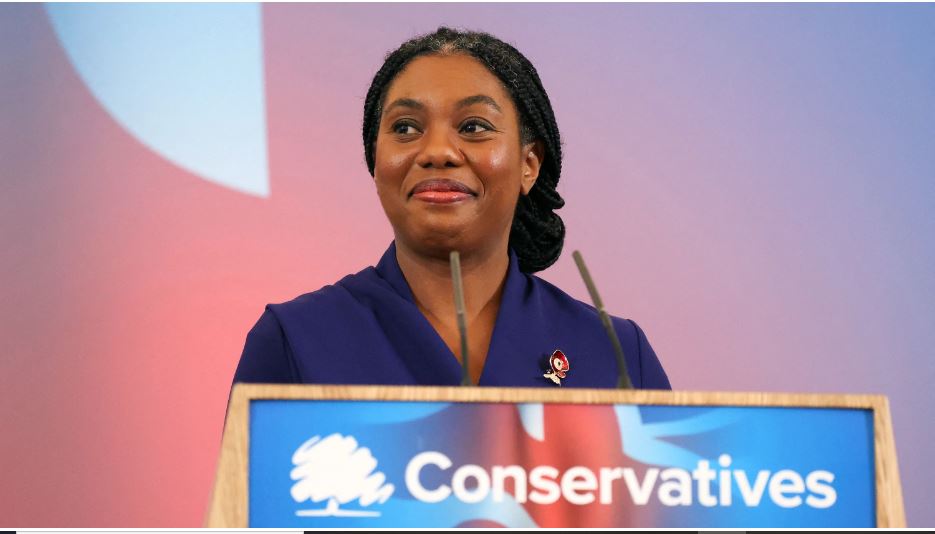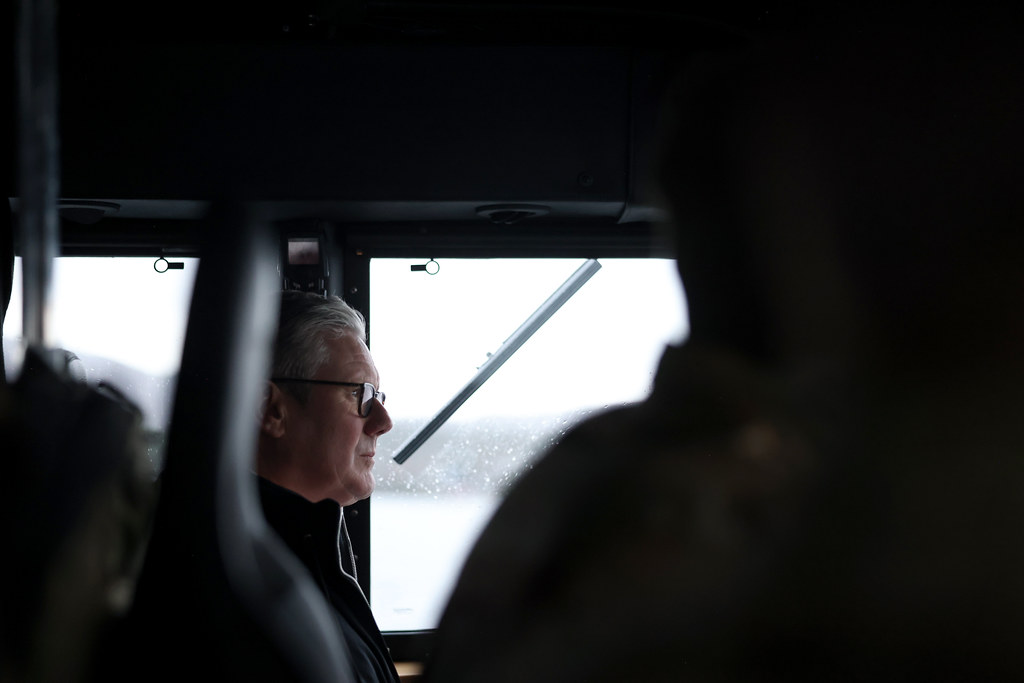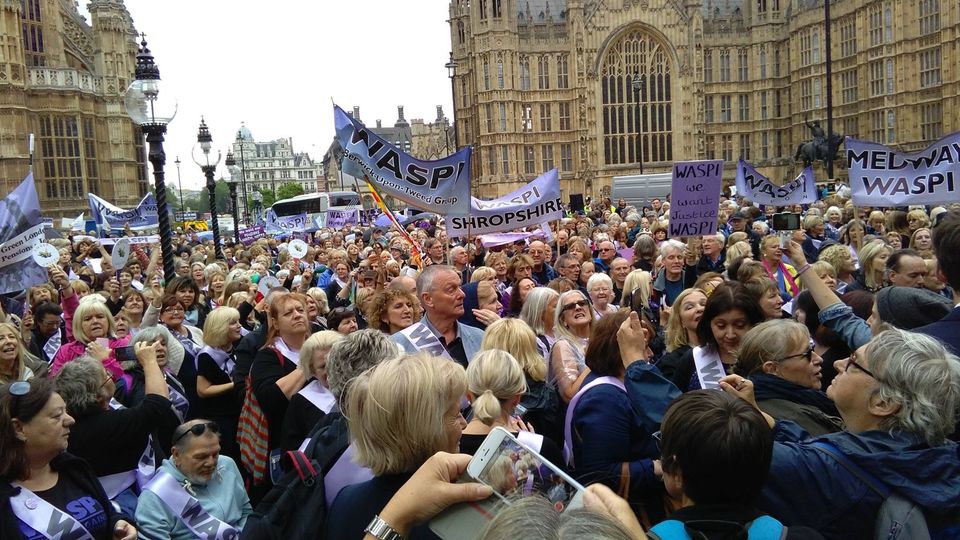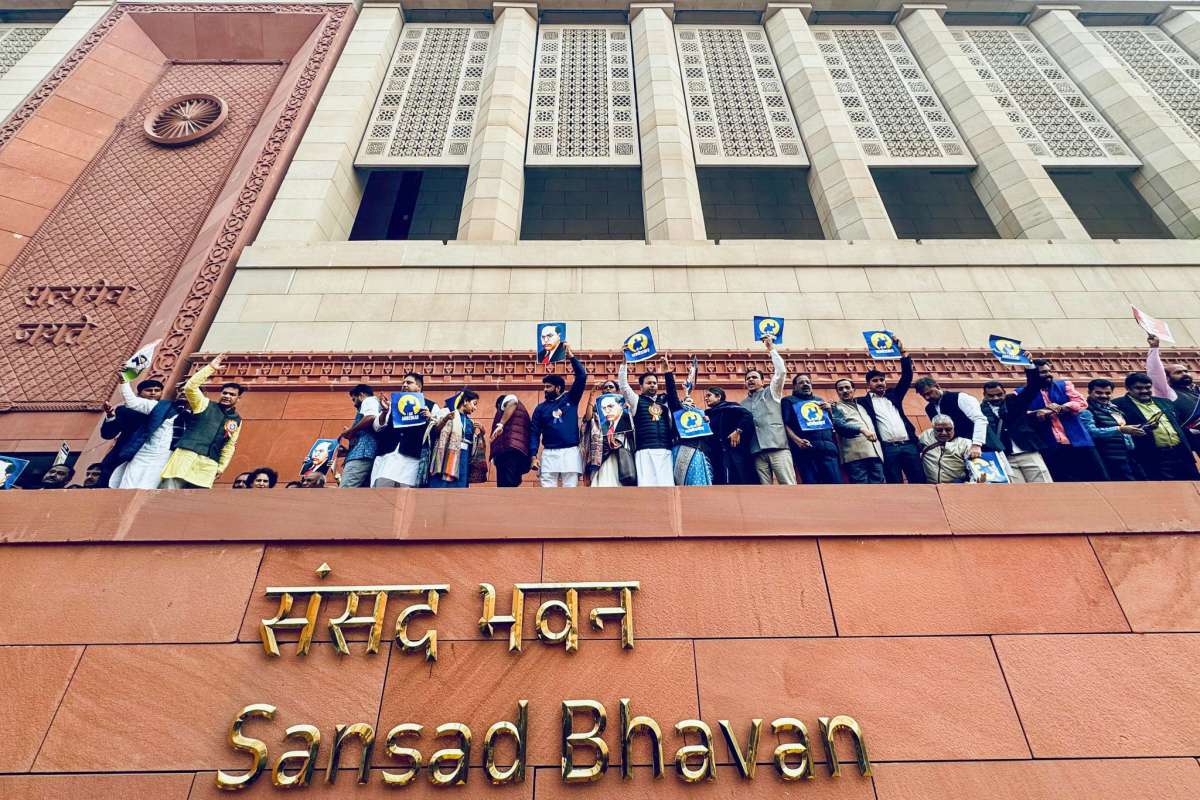The appointment of three MPs who ran against Badenoch in the leadership contest followed her decision to make Laura Trott, a leading supporter of her campaign, shadow education secretary….reports Asian Lite News
Kemi Badenoch has appointed Robert Jenrick shadow justice secretary, with Mel Stride shadow chancellor and Priti Patel shadow foreign secretary, as she began to put together a frontbench team billed as uniting the Conservatives.
There were, however, questions about whether Jenrick had initially sought another post, in a sign of potential tensions between the final two candidates to replace Rishi Sunak.
The appointment of three MPs who ran against Badenoch in the leadership contest followed her decision to make Laura Trott, a leading supporter of her campaign, shadow education secretary.
It remained unclear whether Jenrick’s move to what could be seen as a mid-range shadow cabinet job was his first choice, after reports that he and Badenoch had been wrangling over his role. An ally of Jenrick said: “Robert was always keen to serve.”
Badenoch had already appointed two other supporters to jobs, with Rebecca Harris becoming chief whip, and Nigel Huddlestone being made Conservative party co-chair alongside Dominic Johnson, a Tory peer and former donor.
Robert Jenrick congratulates Kemi Badenoch as she is announced the winner of the Conservative leadership election.
Neil O’Brien, who had been widely tipped for a shadow cabinet job, was made number two in the education team, regarded by some observers as a slight snub for a supporter of Jenrick, who Badenoch defeated in a vote of Tory members, a result announced on Saturday.
Allies of Badenoch said that no more appointments would be made on Monday, with the full list to be announced before a shadow cabinet meeting on Tuesday, to avoid a “running commentary” as jobs were finalised.
With only 121 MPs on the Tory benches – the full government complement is 124 – Badenoch will be somewhat limited on who she picks. This is all the more so with some senior Tories saying they do not want jobs.
These include Jeremy Hunt, the former chancellor and shadow chancellor, and James Cleverly, the shadow home secretary who was favourite to become the next leader until he was surprisingly removed in the final vote among Tory MPs.
Jenrick trained as a solicitor and worked as a corporate lawyer, and so has a suitable background for the justice brief. His last government job was as immigration minister, and he made migration and his desire for the UK to withdraw from the European convention on human rights the key part of his leadership bid.
The contest included coded if personal attacks between Jenrick and Badenoch. He promised to “end the drama”, a reference to Badenoch’s penchant for arguments, and was furious when she talked about Jenrick having to “resign in disgrace” as housing minister after a controversy about a planning-related conflict of interest.
The appointment of Stride will be seen as a sign of Badenoch seeking to reach out to centrists in the party, particularly after Andrew Griffith, another one of her key supporters, had been closely linked to the job.
Stride was one of six candidates to succeed Sunak as Tory leader, but was knocked out in the second round of voting by Conservative MPs. He then backed James Cleverly before Cleverly in turn was knocked out.
Stride was work and pensions secretary under Rishi Sunak, having previously served as a Treasury minister and chaired the Treasury committee.
Patel, who also stood to be leader but was knocked out in the first round, has had a chequered ministerial career, only surviving as home secretary when Boris Johnson refused to sack her despite a formal investigation finding evidence that she had bullied civil servants.
The controversy, one of several to afflict Johnson’s government, saw the then PM’s adviser on ethics, Sir Alex Allan, resign after Johnson decided to keep Patel in her post despite an official report uncovering conduct that “amounted to behaviour that can be described as bullying”, including instances of shouting and swearing.
In 2017, Patel was forced to resign as international development secretary under Theresa May after holding a series of unofficial meetings with Israeli ministers, business people and a senior lobbyist while in Israel on what was billed as a holiday.
A source in Badenoch’s team said the decision to appoint the two former candidates from different wings of the party – Patel is from the right and Stride a centrist – was “demonstrating Kemi’s desire to unite the party”.
Badenoch appointed Trott earlier on Monday, so she could speak at education questions and respond to a government statement on increased university tuition fees.
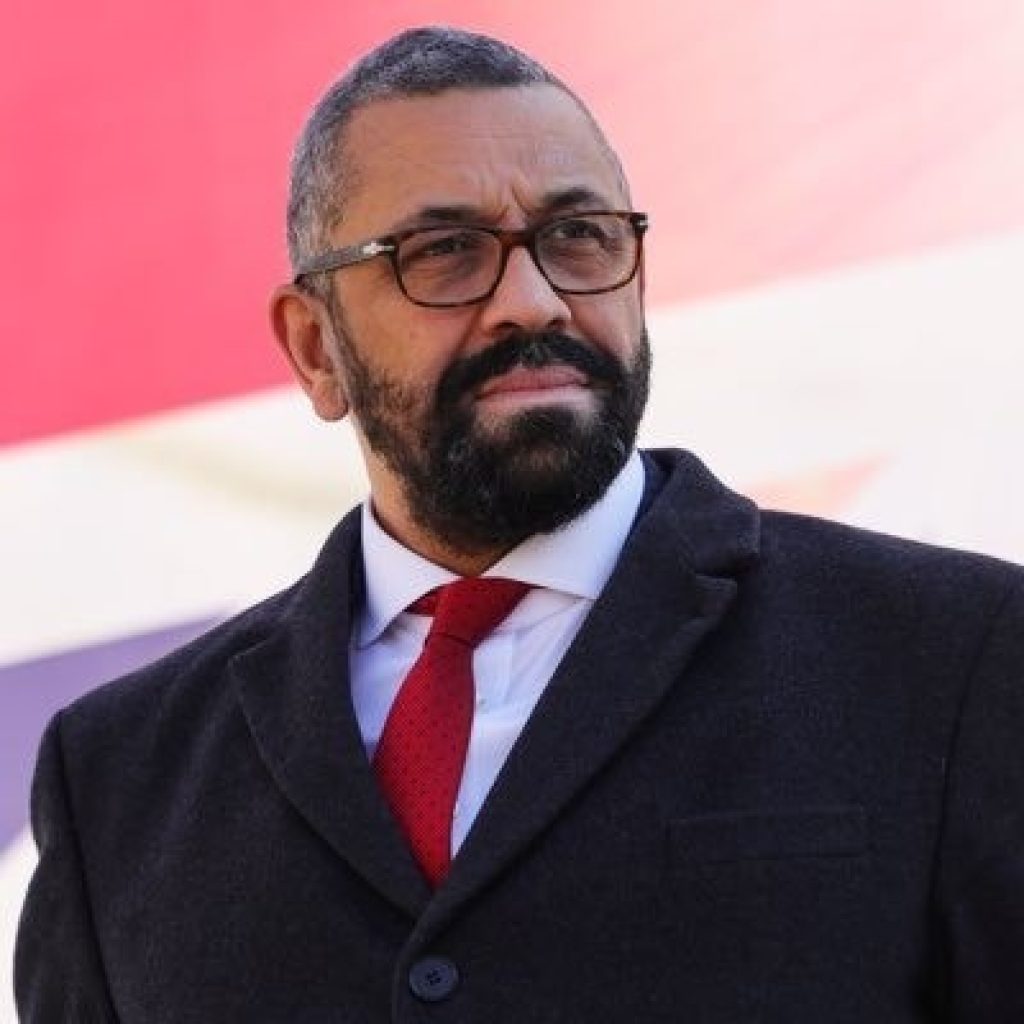
Cleverly rules out frontbench role
Shadow home secretary James Cleverly has said he will not accept a frontbench role from the next leader of the Conservative Party. The winning candidate – Kemi Badenoch or Robert Jenrick – is likely to carry out an immediate reshuffle of the Tory frontbench team.
But Cleverly has told the Financial Times (FT) he will return to the backbenches rather than serve in either candidate’s shadow cabinet.
Following the Tory conference, Cleverly briefly became the frontrunner in the race to replace Rishi Sunak, but was surprisingly knocked out in the final ballot of MPs.
He told the FT he had been “liberated” from 16 years on the political front line and was now “not particularly in the mood to be boxed back into a narrow band again”.
Cleverly shot to the front of the pack of leadership candidates after a well-received speech to the Conservative conference early last month, in which he called for the party to be “more normal” and sell its policies “with a smile”.
However, his support unexpectedly fell away in the last round of MPs’ voting.
Many theories were advanced on why that had happened, including that some of his supporters had tried to engineer the final line-up they wanted.
The former home and foreign secretary was eliminated with 37 votes. Badenoch secured 42 and Jenrick 41. There were gasps in the Commons committee room where the result was announced.
Cleverly admitted to the FT the result was a “bit of a punch to the gut”, saying he had repeatedly warned his backers that “Kremlinology is a fool’s game” – but that he “lost track” of the number of supporters who asked who he would prefer to go up against.
“I’d worried that that might happen,” he said, adding: “I kept saying there aren’t many votes to play with… it doesn’t take very many people to really distort outcomes.”
He declined to say who of the final two he had backed. When Badenoch and Jenrick topped the MPs’ poll, both signalled they would offer him a position in their shadow cabinet if they became leader.
Badenoch said Cleverly’s campaign had been “full of energy, ideas and optimism”, and she looked forward to “continuing to work with him”. Jenrick told Cleverly the party “needs you in its top team in the years ahead”, adding that he would be “delighted for him to serve in the shadow cabinet should he want to do so”.
Jenrick has made leaving the European Convention on Human Rights (ECHR) a key plank of his leadership offer, saying all Tory MPs would need to sign up to the policy – but Cleverly has rejected the idea.
However, a stint on the backbenches appears unlikely to last forever and Cleverly has left the door open to a future bid to become leader of the Conservative Party, saying he would not “rule anything in or anything out”.
Nor did he rule out the idea of a bid to become mayor of London in 2028, adding: “We do need to fight back in London. We need to fight back in big, big, big chunks of the country.”
ALSO READ: WTM contributes £200m to London economy
